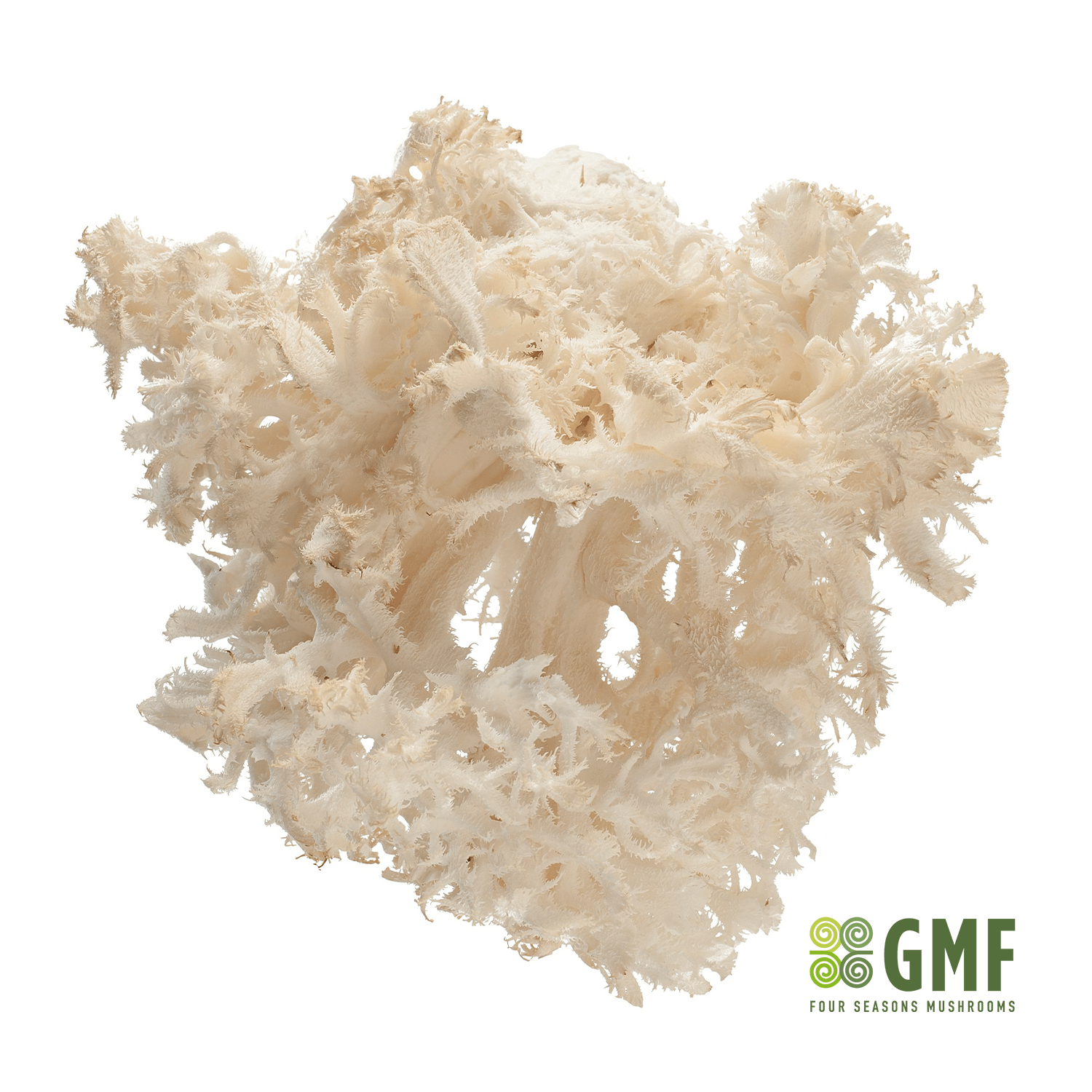The white coral mushroom, also known as Clavulina, stands out for its delicate, coral-like appearance and mild, slightly nutty flavor. This mushroom grows in forests on the ground among leaf litter and moss. White coral mushrooms have branched, white structures that are reminiscent of coral. They add a unique texture and delicate flavor to dishes such as salads, stir-fries, and soups. Their striking shape and color also make them a beautiful decorative addition to any dish.
White Coral Mushroom
Crisscrossed Clavulina
| Contents | Storage advice | Availability | Country of origin |
|---|---|---|---|
| 2.5kg Box./Pal.: 80 | Can be stored refrigerated for approx. 7 days | Year round | China |
| 1kg Box./Pal.: 100 |



